London 2012 Olympics: 10 years on, has the games really built a legacy in east London?
and live on Freeview channel 276
The London 2012 Olympics was set against ambitious promises of lasting change, from “inspire a generation” to “regenerate an entire community”.
Stratford, one of the country’s most deprived areas, would become a “model for social inclusion”, while millions of kids would take up sport for life.
So, 10 years on, what legacy has the games really left?


‘The redevelopment doesn’t reflect its community’
Advertisement
Hide AdAdvertisement
Hide AdUnlike previous Olympics in which host cities failed to reap long-term rewards, London 2012 vowed to be different.
Sebastian Coe, Great Britain’s four-time Olympic gold medallist, spearheaded the bid to bring the games to London, and then chaired the organising committee to deliver it.
He promised to regenerate Stratford and the surrounding areas around Newham, pledging in 2007 that it would bring between 30,000 to 40,000 new homes around the Olympic Park.
These homes were to be “affordable’ and available to key workers, he said.
Advertisement
Hide AdAdvertisement
Hide AdIn 2011, a year before the Olympics, the definition of “affordable housing” was loosened to include properties up to 80% of the market rate.
This means residents in the area – who on average earn around £30,00 – would now likely need an annual income of between £60,000 to £90,000 to buy one.
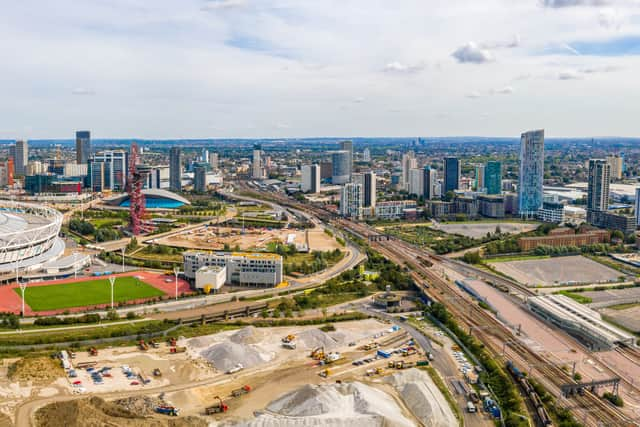

Today, against the original target of 30,000 to 40,000 new homes, just 13,000 have been built.
Only 11% of these are genuinely affordable social homes, where prices are linked to local incomes.
Advertisement
Hide AdAdvertisement
Hide AdNearly 75,000 households in the boroughs of Hackney, Newham, Tower Hamlets and Waltham Forest are still waiting for council housing, while thousands of people have been rehoused outside of Newham to make way for redevelopment.
Luxury towers with penthouse flats now pierce the east London skyline.
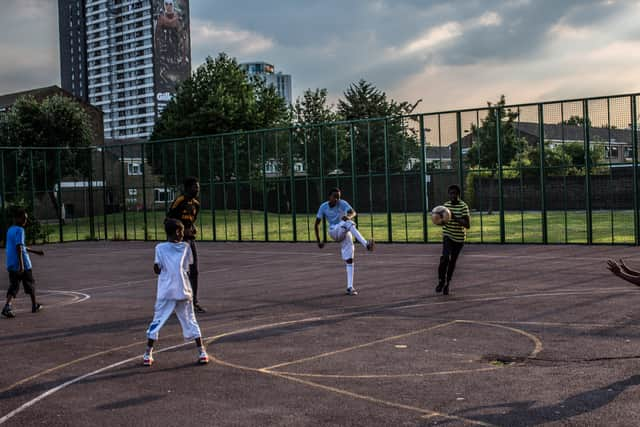

Sian Berry, London Assembly member and former Green Party leader, has worked on monitoring the games’ impact on social housing and overcrowding.
“People in surrounding areas are still living in overcrowded and over-expensive housing by and large, without the boost in social housing we should have had,” the Highgate councillor told LondonWorld.
Advertisement
Hide AdAdvertisement
Hide Ad“I think it’s clear that the area of the Olympic Park doesn’t really reflect the surrounding area in the way it should have done.
“It should have been planned and built far more with the community."
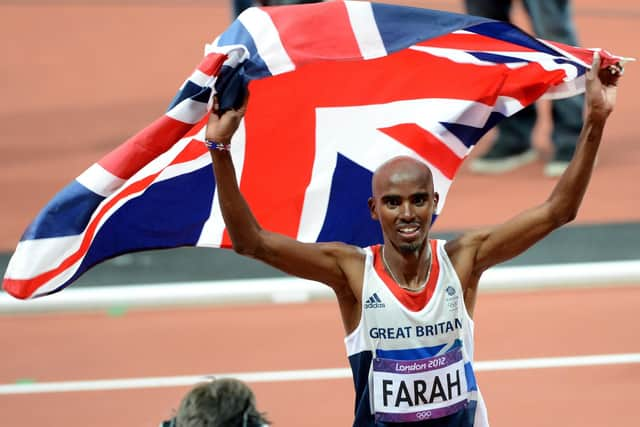

‘Once-in-a-generation opportunity’
In the run-up to London 2012, the government proclaimed the games “our best chance in a generation to encourage people to be more physically active”.
The Olympics was seen as a way to motivate people to not just take up sport, but sustain it throughout their lives.
Advertisement
Hide AdAdvertisement
Hide AdAround £1bn was invested by Whitehall into building a legacy of participation. Yet five years after the Games, virtually no increase in participation in England was recorded.
Recent statistics from Sport England show how during the last five years, the percentage of people categorised as active has fallen, while the number classed as inactive has increased.
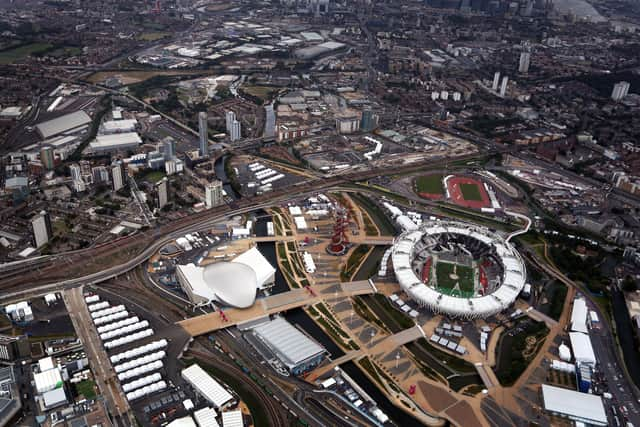

Ali Oliver, chief executive of the Youth Sport Trust, said London 2012 was a “fabulous advert” that “ignited the imagination of young people”, creating a “step change in opportunities”.
“However, in 2022, 10 years on we have more unhealthy and unhappy young people than ever,” she said.
Advertisement
Hide AdAdvertisement
Hide Ad“Childhood obesity saw its biggest increase last year with one in four Year 6 pupils now obese and one in six young people with a probable mental health condition.
“These statistics coincide with 42,000 hours of physical education lost since London hosted the games.
“While 77% of parents are concerned that children are not getting enough physical activity, only a quarter know the chief medical officer’s recommendation is 60 active minutes a day to support a healthy childhood.
“So, while some programmes have shifted the opportunity for some, we are far from the societal change needed at all levels from policy to parenting, if we are to build an active nation.”
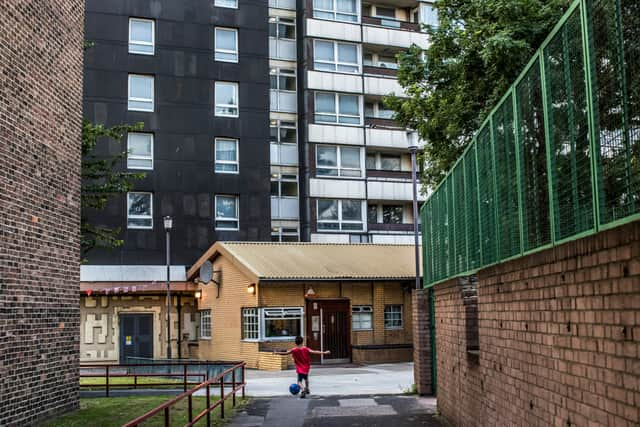

'Massive feat of urban regeneration'
Advertisement
Hide AdAdvertisement
Hide AdNational and regional governments have hailed the legacy of London 2012.
They say the impact of the games and its investment is already being felt, and that there is more to come, as redevelopment continues.
“I am incredibly proud of the legacy we have delivered in the last 10 years,” the mayor of London, Sadiq Khan, said.
“The games helped to drive billions of pounds of additional investment in the area for new, truly affordable homes, transport links, business districts and entertainment.”
Advertisement
Hide AdAdvertisement
Hide AdThe mayor continued: “The Olympic legacy is not just about celebrating the success of the last ten years, but looking forward to the next ten and the years beyond that in order to build a better, fairer, more prosperous London for everyone.”
A spokesperson for the Department for Digital, Culture, Media and Sport said it had invested £1bn into sport and leisure during the coronavirus pandemic, while £320m was now being invested in school sport and £250m in grassroots facilities.
"Over the past decade, we have made the nation's health and fitness a priority,” the spokesperson said.
Lyn Garner, chief executive of the London Legacy Development Corporation, said: “The 2012 games provided the backdrop to a massive feat of urban regeneration that continues to have a huge impact on the city.
Advertisement
Hide AdAdvertisement
Hide Ad“Thousands of new homes have already been built with thousands more still to come – many of them affordable.”
Ms Garner added: “The park is delivering on the promises for local people and while we look back on 2012 with fondness, our eyes are firmly set on the future.”